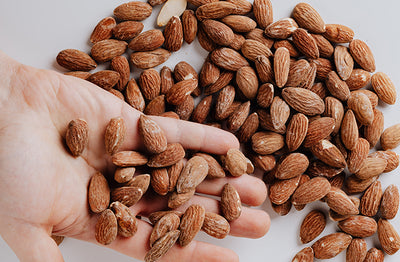Casein
Robin Smith
No Comments

Casein is a dairy protein source, coming from milk. It is a major component of cheese and a great source for amino acids and calcium. The percentage of protein in casein is similar to that of whey, but it will actually curdle in your stomach, meaning it will take much longer to absorb, meaning it works great as a slowly digested supplement, but is less effective as a post workout protein hit.
Casein does contain lactose, so people with allergies (and anyone who shares space with them) should be aware of this. Allergies usually just result in bloating and gas, but are certainly worth considering if you cohabitate with other people.
There are 3 forms of casein protein, Calcium Caseinate, Micellar Casein and Milk Protein Isolate.
Calcium caseinate is the lowest quality among the these and is commonly used as a food ingredient. Micellar casein and the casein in milk protein isolate are identical. While micellar casein is 100% casein, milk protein isolate has both micellar protein and a little bit of whey left over in it.
Casein protein is actually the natural form of casein that makes up 80% of the protein found in milk. The casein is separated from the milk by a chemical free process called ultra-filtration that keeps the amino acids in the casein without the rest of the mil products.
If you need a slow-digesting protein source Casein is the first thing you’d look at adding to your diet. You may be in need of it if you’re looking at increasing your base level of protein, or if you’re in a particularly demanding phase of your training.
Most people take casein just before they go to sleep. The reason is because that is when you're asleep your body usually goes the longest without any protein source. Casein protein helps circumvent your body resorting to consuming the protein from your muscles specifically due to it's slow-digestion process.
So if you’re looking for a good way to get the protein you need, especially overnight, casein can be just what you’ve been looking for.
Read Also:
Share














